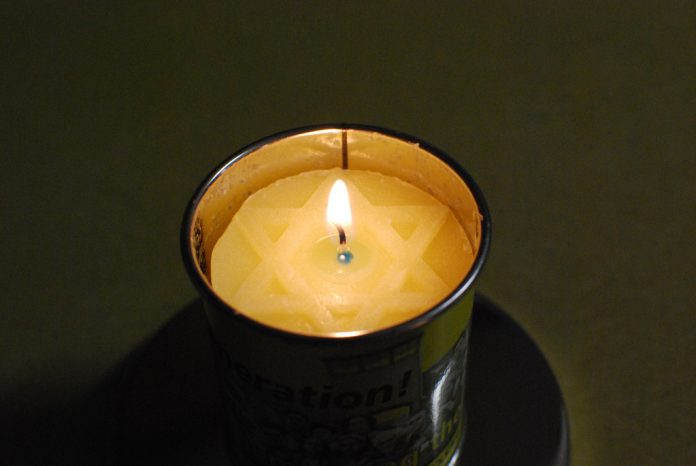On today’s International Holocaust Remembrance Day, the OSCE calls for greater efforts to find new forms of remembrance and education in order to fight back harder against anti-Semitism and build peaceful societies free from hate and prejudice.
“On this day, we commemorate the 77th anniversary of the liberation of the Auschwitz-Birkenau concentration and extermination camp and pay tribute to all victims who perished as a result of the brutal German Nazi persecution: six million Jews, half a million Roma, Poles, Soviet citizens and representatives of many other nations, national minorities and other targeted groups and individuals,” said OSCE Chairman-in-Office Zbigniew Rau. “But we also need to be forward-thinking if we are to find lasting solutions and end the ongoing hatred that blights so many societies.”
As the International Day of Commemoration in Memory of the Victims of the Holocaust is marked worldwide, we are reminded that anti-Semitism is a pernicious form of hatred that cannot be confined to a distant and painful past. Since the outbreak of the Covid-19 pandemic, Jewish communities have been among those targeted by baseless conspiracy theories, negative stereotyping and scapegoating. Protests against public health measures have included Holocaust symbols and imagery, grossly trivializing, diminishing and misappropriating the Holocaust and devaluing the suffering of its victims. Many anti-Semitic and other hateful narratives are spreading unchecked, with a devastating impact on the communities attacked and a particularly damaging effect on young people.
“Today, we remember all those who were murdered – not for anything they had done, but for who they were,” said Matteo Mecacci, Director of the OSCE Office for Democratic Institutions and Human Rights (ODIHR). “With ever fewer survivors left to tell us about the horrors they experienced and declining knowledge among young people about the tragedy of the Holocaust, the importance of Holocaust commemoration and education cannot be underestimated. These are the best – and sometimes only – tools at our disposal to ensure those horrors are never repeated.”
ODIHR is publishing the seventh edition of its overview of Holocaust remembrance and education today. Providing information on the commemoration and study of the Holocaust and the genocide of Roma and Sinti across the OSCE region, the overview encourages governments to draw on each other’s good practices and further develop their own activities in the future. In recognition of the importance of education in combating anti-Semitism and other forms of intolerance, ODIHR has also developed numerous resources to counter prejudice, including dedicated curricula for schools developed together with UNESCO.
“Looking back on those dark days, we recall all the steps that were not taken, the doors that were shut, the heads that were turned, that might have otherwise prevented the Holocaust,” said Rabbi Andrew Baker, Personal Representative of the OSCE Chairman-in-Office on Combating Anti-Semitism. “We cannot change the past, but it is in our hands to stop the scourge of anti-Semitism and broader hatreds that threaten us today and in the future. Remembrance must be a call to action.”
To address current challenges related to anti-Semitism across the 57 countries of the OSCE region, the Polish OSCE Chairmanship-in-Office is organizing an OSCE-wide conference on 7 and 8 February in Warsaw.

